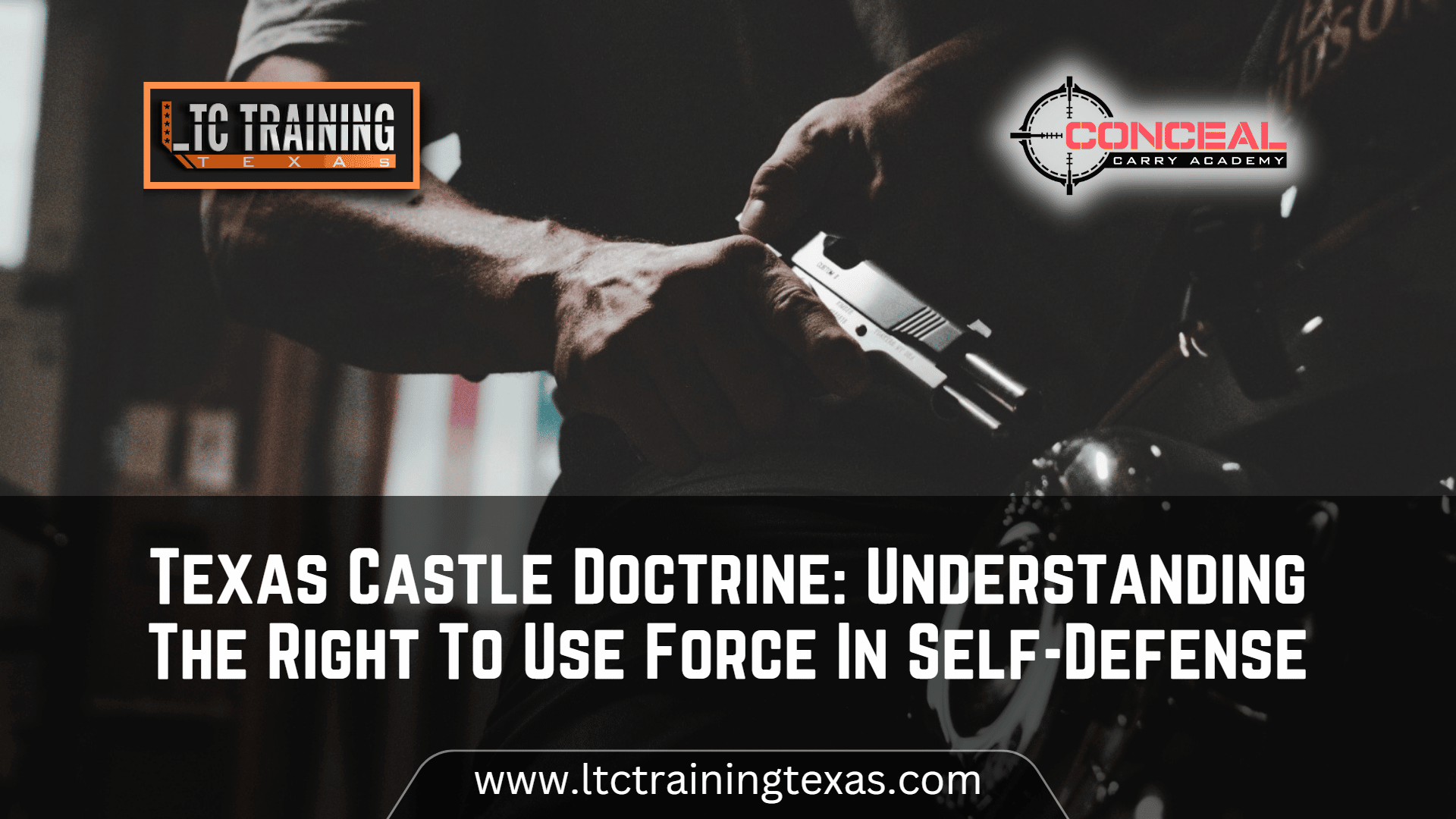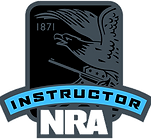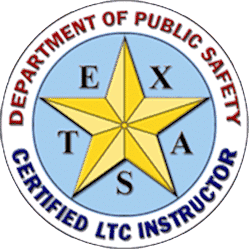The Texas Castle Doctrine is a law that governs the right of citizens to use force in self-defense, particularly in their own homes. This law provides legal protection for individuals who use force to defend themselves or others against an intruder. The purpose of the Texas Castle Doctrine is to ensure that homeowners have the right to protect themselves and their property, while also balancing the need to maintain public safety.
Texas has some of the strongest self-defense and property defense laws in the country, based on the castle doctrine. The castle theory is not enshrined in a single law. Instead, it is enshrined in various Penal Code sections that govern self-defense and the authorized use of force. In certain cases, the laws allow for the legal use of force to protect yourself, others, and even property.
The Historical Background Of The Texas Castle Doctrine
The concept of the Castle Doctrine has roots in English Common Law, which held that a man’s home was his castle and that he had the right to defend it against intruders. This principle was later adopted by the United States, and many states, including Texas, have enacted their own Castle Doctrine laws.
How Texas Castle Doctrine Works
To understand how the castle doctrine works, it is necessary to first grasp the underlying laws governing self-defense and the use of force in the defense of others and property. “Reasonable” is the crucial word in all of these statutes. For example, it is never regarded as fair to employ force against someone based solely on their words. 9.31(b) Texas Penal Code (1). If the force employed is reasonable under the circumstances, then the use of force is justifiable.
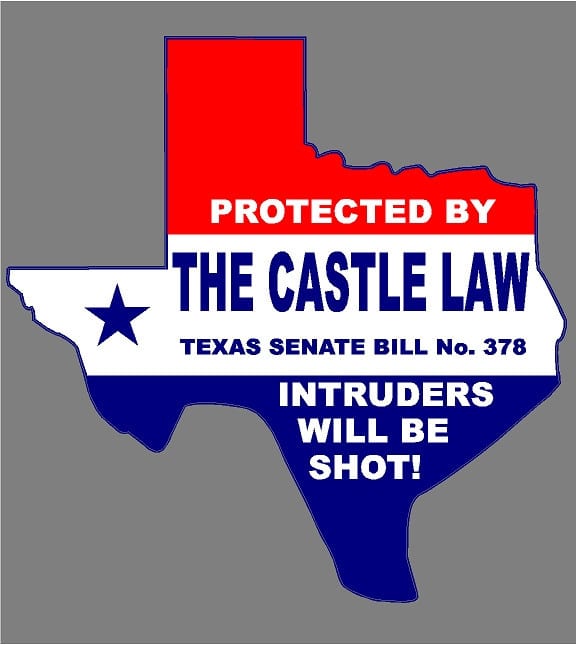
When force is used in the castle doctrine’s precise conditions, the law presumes that the use of force was justified. The presumption of reasonableness makes it considerably simpler to avoid criminal charges, and even if you are prosecuted, proving that your conduct were justified is much easier.
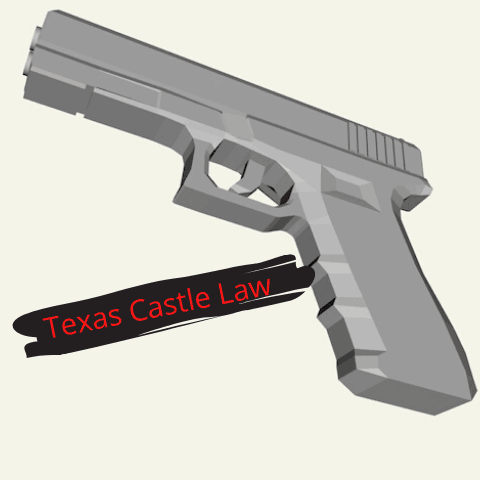
In Texas, the castle doctrine holds that employing force is fair and permissible when another person:
- unlawfully and with force enters or attempts to enter your habitation, vehicle, or workplace;
- attempts to remove you from your habitation, vehicle, or workplace by force
- was committing or attempting to commit aggravated kidnapping, murder, sexual assault, aggravated sexual assault, robbery, or aggravated robbery.
The state of Texas recognizes the right of its citizens to keep and bear arms, and as such, the Texas Department of Public Safety (DPS) has established a process for obtaining a license to carry a handgun. This license allows citizens to legally carry a handgun in Texas for personal protection.
Texas LTC Class is a mandatory training course for individuals who are seeking to obtain a license to carry (LTC) in Texas. The course covers all the essential aspects of firearms safety, marksmanship, and the laws and regulations regarding concealed carry in Texas. Taught by experienced instructors, the LTC Class provides students with the knowledge and skills they need to carry a firearm safely and responsibly.
During the classroom portion of the course, students will learn about the different types of firearms, how they work, and the laws and regulations that govern their use. They will also learn about the different methods of carrying a concealed handgun, such as shoulder holsters, ankle holsters, and waistband holsters.
So, if you’re considering carrying a concealed firearm in Texas, be sure to enroll in the Texas LTC Class from a reputable training institution like LTC Training, Texas. The training only costs $40 (fully online) and that’s the best deal you can get in Texas. Enroll Now!
Key Provisions Of The Texas Castle Doctrine
- Right to Use Force in Self-Defense
Under the Texas Castle Doctrine, homeowners have the right to use force, including deadly force, in self-defense if they believe their lives or the lives of others are in danger. This includes defending against intruders who enter their homes illegally.
- Protection of One’s Home
The Texas Castle Doctrine applies not only to homes, but also to other places where a person has a right to be, such as their place of business or vehicle. Homeowners have the right to use force in self-defense in these locations as well.

3. Stand Your Ground Law
The Texas Castle Doctrine also includes a Stand Your Ground law, which means that homeowners do not have a duty to retreat before using force in self-defense. This means that even if a homeowner could safely escape, they have the right to stand their ground and defend themselves. However, the Stand Your Ground law does not apply if the homeowner is engaged in criminal activity or is using force in a manner that is not justifiable.
- Duty to Retreat
However, the Stand Your Ground law does not apply if the homeowner is engaged in criminal activity or is using force in a manner that is not justifiable. In these cases, the homeowner may still be held liable for their actions.
- Use of Deadly Force
Under the Texas Castle Doctrine, the use of deadly force is only justifiable if the homeowner believes that the intruder poses a threat of serious harm or death. The law requires that the homeowner must have a reasonable belief that the use of deadly force is necessary to protect themselves or others.
Criticisms Of The Texas Castle Doctrine
- Excessive Use of Force
One criticism of the Texas Castle Doctrine is that it may encourage excessive use of force. Critics argue that the law gives homeowners a false sense of security and encourages them to use force without first attempting to de-escalate the situation.
- Racial Disparities in the Application of the Law
Another criticism is that the law has a disparate impact on communities of color, as individuals from these communities are more likely to be seen as a threat and face excessive force from homeowners.
3. Encouragement of Vigilantism
Some critics argue that the Texas Castle Doctrine encourages vigilantism by allowing individuals to take the law into their own hands and use force without first seeking help from law enforcement.
4. Lack of Clarity in Legal Definition
Finally, there is some criticism that the law is not clearly defined and that it is difficult to determine when the use of force is justified. This can lead to confusion and inconsistent application of the law.
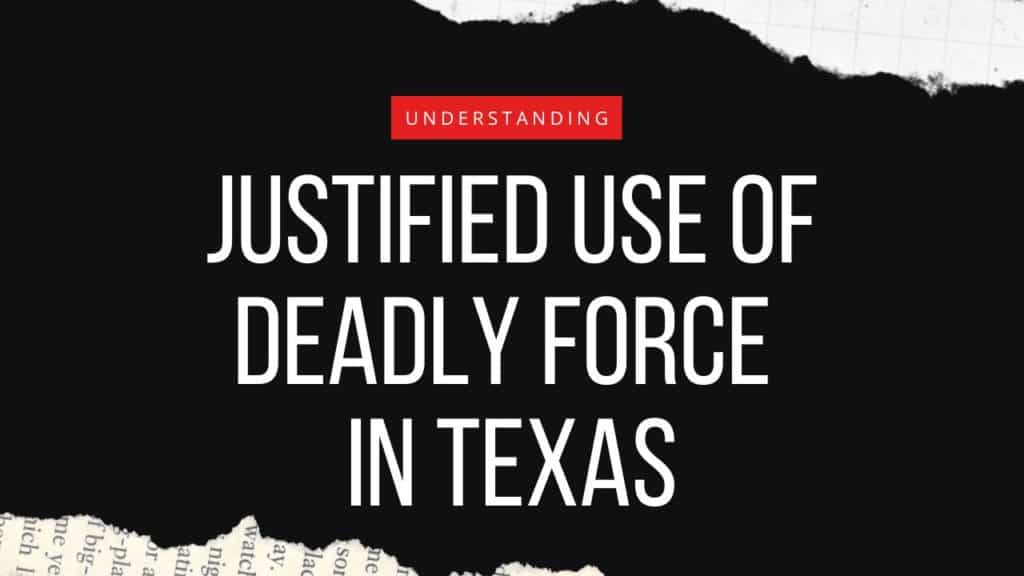
Impact Of The Texas Castle Doctrine
- Increased Sense of Security for Homeowners
One positive impact of the Texas Castle Doctrine is that it provides a sense of security for homeowners. Knowing that they have the right to protect themselves and their property can give them peace of mind and a greater sense of security.
- Potential Deterrent to Criminal Activity
Another potential positive impact is that the law may act as a deterrent to criminal activity. Intruders may be less likely to break into homes if they know that the homeowner has the right to use force in self-defense.
- Positive Effects on Gun Ownership and Second Amendment Rights
The Texas Castle Doctrine is also seen as a positive for gun owners and proponents of Second Amendment rights. The law provides legal protection for individuals who choose to exercise their right to bear arms and use force in self-defense.
- Controversial Repercussions on Public Safety
However, there are also negative consequences for public safety. Critics argue that the law can result in unnecessary violence and fatalities and that it may not be in the best interests of public safety to allow individuals to use deadly force in self-defense.
Texas Castle Doctrine – Exceptions
The castle doctrine has two important exceptions: the individual seeking legal protection cannot have instigated or begun the incident. This is also known as being the “aggressor,” and it is illegal in Texas. The individual must also not be involved in criminal behavior at the time of the incident. A criminal will not be entitled to a castle doctrine defense, but they may be able to claim self-defense and reduce their punishment depending on the circumstances of the event.
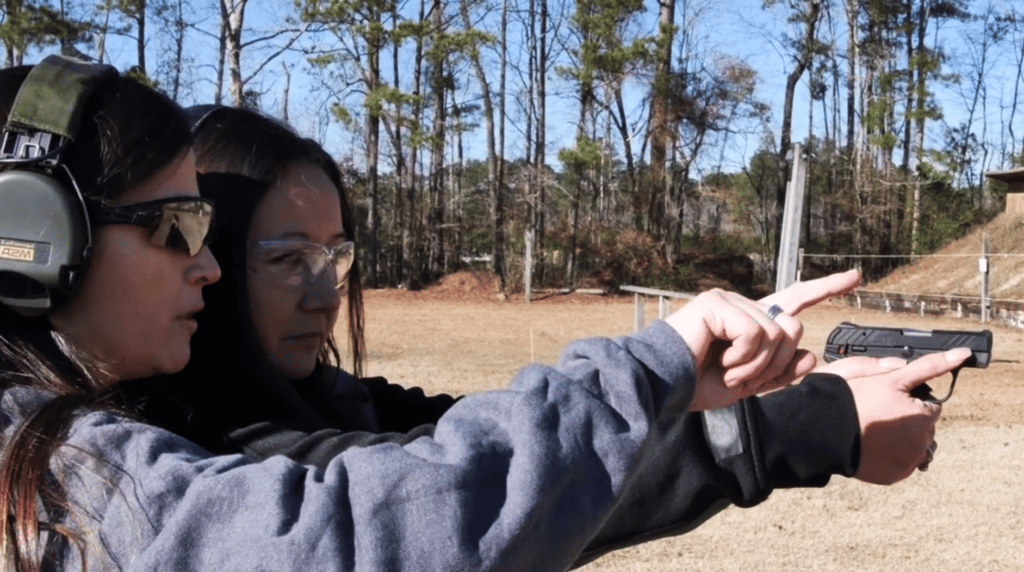
While the castle law authorizes extensive use of force in the particular conditions defined by the penal code, most other uses of force will be considered primarily on the force necessary to prevent or stop a crime from occurring. The amount of force that is required or reasonable depends on the circumstances and is governed by a number of statutes in the Texas Penal Code.
It is critical to understand your rights to defend yourself, others, and your property, rather than assuming that your actions would be justified.
Conclusion
In conclusion, the Texas Castle Doctrine provides legal protection for individuals who use force in self-defense, particularly in their own homes. While the law has its benefits, such as increased security for homeowners and protection of Second Amendment rights, it also has its critics who argue that it may encourage excessive use of force, have a disparate impact on communities of color, and negatively impact public safety. It is important to understand the implications of the law and to carefully consider its impact on public safety and individual rights.
Before you leave, why not enroll for Texas LTC Class? Our Texas online license to carry class is the official online Texas LTC class certified by the Texas Department of Public Safety. We make it easy to get your Texas license to carry. Unlike others, our online class is easy, and we break everything down so it’s easy for everyone to understand. We also assist you in finding a local LTC instructor in your area to complete the shooting portion after you take our online LTC class.
You can take our license to carry class from the comfort of your own home or anywhere else for that matter, 24/7 at your own pace and on your own schedule. No more spending all day on a Saturday sitting in a crowded classroom. Our online class is available to everyone regardless of where you live in Texas. Our online Texas LTC class is certified Statewide.
As soon as you complete our online course you will be able to instantly download your official certificate of training that’s required to apply for your Texas license to carry. You will also learn how to apply for your license in our online class. Get Enrolled Now!

